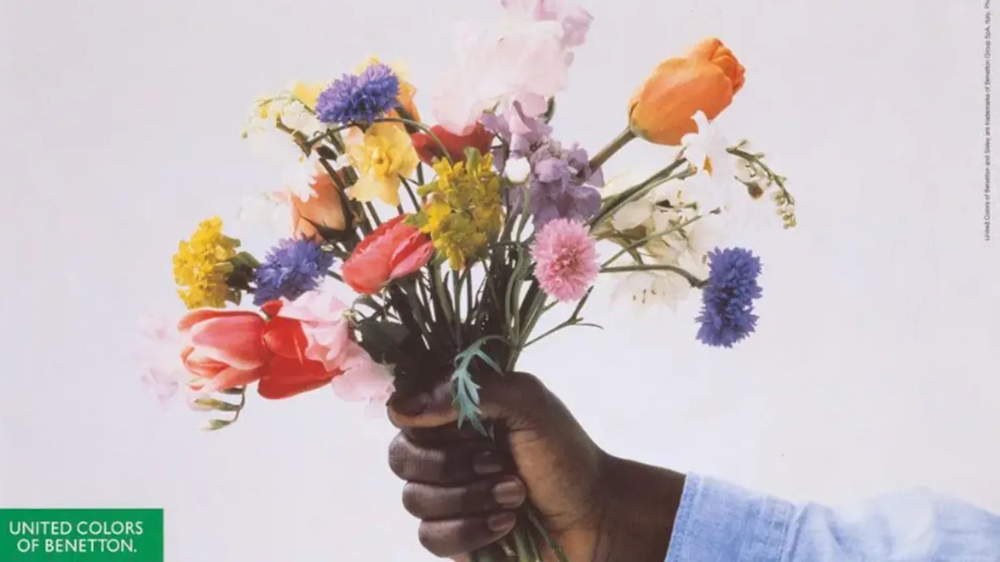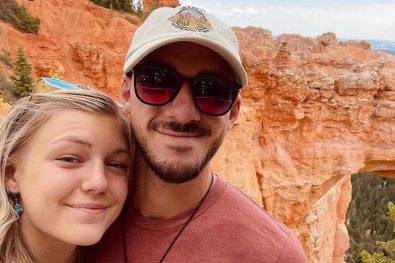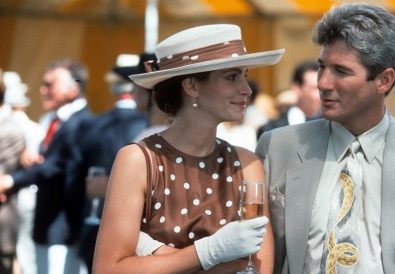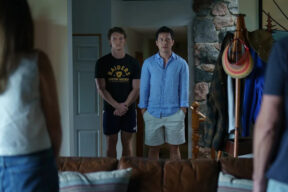Famed Italian photographer Oliviero Toscani, the man behind some of the most controversial ad campaigns in history, died on Monday at the age of 82, his family said in a statement. Toscani had revealed last year that he had amyloidosis, a rare incurable condition that affects the body’s vital organs and nerves.
Toscani was admitted to hospital on Friday in Cecina, near his Tuscan country home, in very serious condition.
“It is with great sorrow that we announce the news that today, 13 January 2025, our beloved Oliviero has embarked on his next journey,” Toscani’s wife, Kirsti, and three children said in a post on Instagram. “We kindly ask for confidentiality and understanding for this moment that we would like to face in the privacy of the family.”
In an interview last year with Italian newspaper Corriere della Sera Toscani said that he had unintentionally lost 40kg (88lb) in weight.
“I don’t know how long I have left to live, but I’m not interested in living like this anyway,” he added.
Born on February 28, 1942 in Milan, Italy, Toscani was the son of a well-known Corriere photographer and attended art school in Zurich. Throughout his career, he worked for leading fashion magazines including Vogue and GQ and helped to launch the career of model and actress Monica Bellucci. He photographed cultural icons such as Andy Warhol, John Lennon and Federico Fellini.
Over the years, he shot campaigns for such brands as Chanel, Robe di Kappa, Fiorucci and Esprit.
Toscani served as creative director for Benetton between 1982 and 2000, and transformed the Italian clothier into a household name while changing the face of advertising. His work for Benetton was sometimes poignant, usually controversial and always memorable.
Paying tribute to his work, Benetton released a photograph that he had taken for the brand in 1989.
“In order to explain certain things, words simply don’t suffice. You taught us that,” a spokesperson said on Monday. “Farewell Oliviero. Keep on dreaming.”

His provocative photos stoked controversy
Toscani came to prominence in the 1980s at Benetton, the family-owned fashion chain based in northern Italy. During his time as creative director at Benetton, a position he held for 18 years, Toscani achieved world recognition. His use of models of all races became the label’s calling card and popularized the “United Colours of Benetton” logo – but his provocative photos stoked controversy.
Some ads, including one which featured a Black woman breastfeeding a white baby, were part of the brand’s advocacy for diversity, while another ad which featured a not-so-platonic kiss between and priest and a nun called for religious tolerance.
There was an advertisement that featured a boat overcrowded with Albanians attempting entry into Italy, one that featured three identical human hearts labelled black, white and yellow that hinted at the racism in fashion, while another of his adverts featured the blood-drenched clothes of a soldier killed in Bosnia. His graphic use of Therese Frare’s photo depicting David Kirby, a man dying of AIDS, and his last moments was one of his most haunting advertisements. It also prompted boycotts.
Toscani parted ways with Benetton in 2000 following disputes over his most controversial campaign. The “Sentenced To Death” campaign, featured images of 26 real death-row inmates.
After his time with Benetton he continued to make headlines.
In 2007, his photo of French model Isabelle Caro for a fashion label’s anti-anorexia campaign made headlines. Her gaunt face and emaciated body, ravaged by the eating disorder, was featured on billboards and in newspapers during Milan fashion week. The campaign coincided with the rise in concern about the use of excessively thin models on the catwalk. The image, shot for fashion house Nolita, was banned in several countries including Italy, but provoked fierce debate online after going viral.
Toscani resumed working for Benetton in 2017, but three years later, the group cut ties with him after he played down the significance of the Morandi Bridge disaster which killed 43 people.
Toscani is survived by his wife and three children Rocco, Lola and Ali.
RELATED:
– A Look Back At Benetton’s Most Controversial Advertising Campaigns











